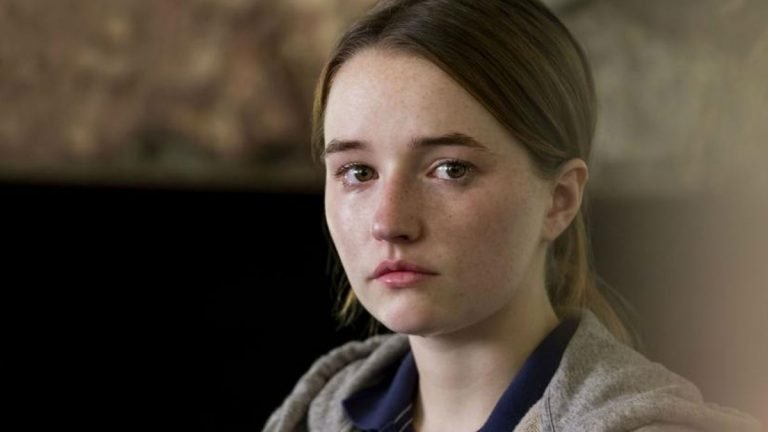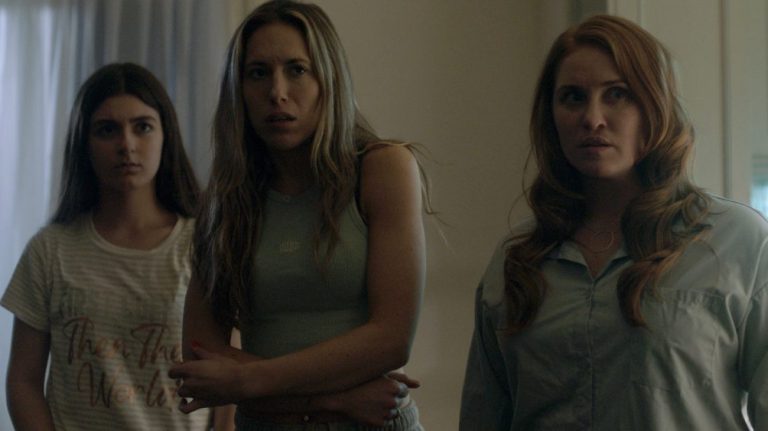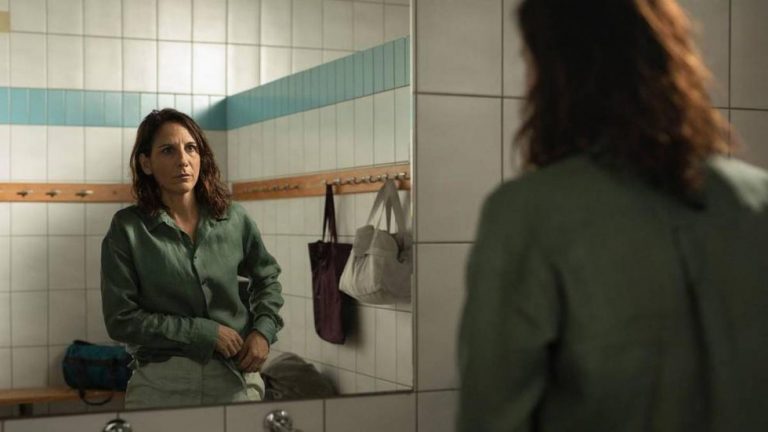Year Of The Fox (2023) Movie Review: The young adult movie genre has a genuinely lousy reputation. Usually starting as book adaptations, the bad reputation comes from not being able to picture the angst of the young adult soul well enough. If done right, the almost myopic nature of that angst is frustratingly fascinating because, for viewers, the experiences are always different. For the audience it is made for, this genre is supposed to be relatable, and perhaps, if done right, it will become the most critical movie that this generation has ever seen.
If not done well, it becomes just a forgotten direct-to-video YA story that Hollywood and American studios churn out daily. For the viewers skewing a bit older, it comes from the position of searching for any strand in the premise to find anything remotely interesting or relatable because the solipsism of the teenager would just feel off-kilter unless a mesmerizing performance led it. In that case, it is the adult performance that usually leads the charge.
Director Megan Griffiths, from a screenplay by Eliza Flug, tries her hand at a genre very well tread upon. 17-year-old Ivy (Sarah Jeffrey) must contend with her parents’ bitter divorce, along with reconciling her adoption, which only heightens the loneliness she feels. As her loneliness threatens to almost devour her, she searches for solace amidst the shiny, bright, and intellectual Aspen community where her father resides. She also finds herself attracted to an older man until she truly “comes of age” and understands that nothing is what it seems to be.
This is based on screenwriter Flug’s own life experiences, and somehow the milieu and the juxtaposition of the almost coiling darkness amidst the gorgeous vistas of Aspen feel very personal. There is a definite voice that exists within this movie, a voice that is ready to call out the misogyny inherent in sports, the body issues that Ivy feels, which only compound her loneliness, and her missing the moments of bonding with her father, which get slowly eroded because her father is a controlling man with borderline sociopathy.
She also feels jealous and simultaneously worried about her best friend Layla (Lexi Simonsen) and, finally, about the underbelly of Aspen and the relatable imperfections of her mother, Paulene (Jane Adams). On paper, all of these are typical tropes of the young adult genre, with an added message at the center about predatory behavior occurring within the rich and the ultra-elite in their holiday vistas and farmhouses. But these typical tropes are tropes because, if done right, they do manage to hit the bullseye.
The problem lies in the overall screenplay and the execution because the film chooses to go about the execution of all these ideas in the laziest ways imaginable. Using a voiceover by the protagonist in noir movies started to feel cute by the time that genre was at its peak; a voiceover in the young adult genre had already started to become an irritant, especially when you realize that the briefing by the director is for the actress to read her lines with either portentous or definitive monotony.
It doesn’t help that the voice-over is utilized to voice all her innermost thoughts, with portentous dialogues and cheesy monologues just adding to the unintentional hilarity. Still, it never becomes hilarious because the movie is too lazy even to attempt anything resembling visual uniqueness. The limited range of acting by the lead, Sarah Jeffrey, is unfortunate, at least in the beginning. Still, as the movie progresses, it feels as if the voiceover had been cocooning her character, and she is finally able to come out.
However, by the time she manages to break out of that shell, as a viewer, you are bound to check out of the film because the focus of the film also feels scattershot. It is designed to show how our protagonist feels confused and lost, but you don’t care for her plight at all, and watching it with a dispassionate air is the only way to break through the monotony.
There are interesting bits and moments in this movie that do leave a mark. Jake Weber as Huxley Reid is extremely good as the controlling father, who is charming, intellectual, sarcastic, and yet cold, with a switch that manages to turn himself on or off. This type of emotional abuse is what pushes Ivy away, and the lure of Aspen slowly starts to fade.
Similarly, the relationship between Layla and Ivy isn’t explored beyond snippets of conversations serving as backstory for the long friendship they share. But the only reason you feel any emotional connection within that friendship is because of Lexi Simonsen’s performance.
The best performance, though, is by Jane Adams as Paulene, the flawed mother of Ivy, who sees through the sheen of Huxley and doesn’t shy away from calling him out. She is completely unapologetic about her love for the Seattle tennis club, but when pushed to the brink and almost at the risk of being exploited by the elite again, she chooses to fight back.
Ivy, too, through her mother, realizes how flaws make a person more interesting, not curiosity or appearance. It’s a shame that by the time the movie reveals its trump card about the underbelly of Aspen, it has only 20 minutes to wrap up its story. There was potential there amidst all of the ideas, the plot threads, the exploration, and the nuances. She felt alienated amidst the rich white crowd while simultaneously feeling alone because she was having to choose between the two pillars of her life.
There was potential for emotional poignancy, but we have seen stronger material with similar ideas executed with better flair. There was a better movie with Eliza Flug’s story. This movie wasn’t it.
Also, Read: The Deeper You Dig [2019] : ‘Fantasia’ Review – A true indie horror







